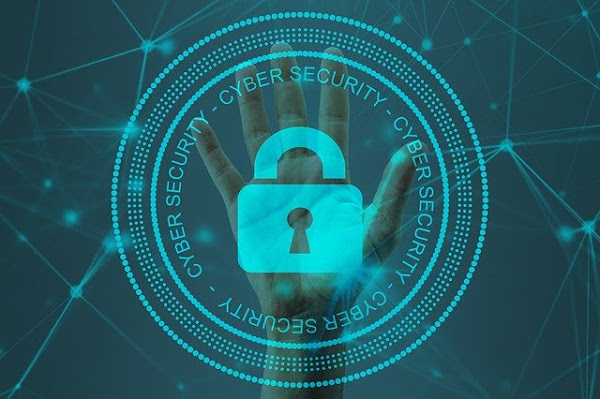A search warrant has been issued for the house of a sixteen-year-old teen who has been implicated in hacking multiple government and private organisation websites by the Philippine National Police's Anti-Cybercrime Group (PNP-ACG).
Brig. Gen. Ronnie Cariaga, director of PNP-ACG, stated that the boy was also connected to the hacking of several schools' websites. Cariaga claimed that on July 18, when the search warrant was executed at his General Santos City home in connection with the social media posting of two police officers' personal information, the boy turned over multiple devices.
“The warrants stemmed from a report on April 18, 2024, that the subject posted the information system login credentials of two PNP personnel on his Facebook account,” stated Cariaga. “This act compromised the personal information and sensitive PNP records of the affected personnel.”
During the background check and investigation following the serving of the search warrant, authorities discovered that the boy had knowledge about hacking websites for numerous agencies and schools. The same investigation disclosed that the youngster learnt to hack when he was added to a Messenger discussion group with many other hackers.
“The PNP ACG will examine the digital devices seized from the subject to acquire necessary information for filing of charges against him,” Cariaga added.
He stated the boy is still with his parents. The law enforcement official then asked other companies or agencies that have encountered unauthorised access or data breaches in their information systems to notify the nearest PNP ACG office. He stated that quick reporting is critical for allowing immediate action and limiting potential damage.
Prevention tips
Cyber attacks often occur when systems or software are not fully up to date, exposing vulnerabilities. So fraudsters exploit these flaws to gain access to your network. When they break in, it's usually too late to take precautionary measures. To counteract this, consider investing in a patch management system that will manage all software and system updates, ensuring that the system is resilient and up to date.
There are numerous types of sophisticated data breaches, and new ones emerge every day, even making comebacks. Putting a network behind a firewall is one of the most effective ways to protect yourself against cyber attacks. A firewall system will prevent any brute force attacks on a network and/or systems from causing any damage, which we can assist firms with.
Endpoint protection safeguards networks that are remotely connected to devices. Mobile devices, tablets, and laptops connected to corporate networks provide access points for security concerns. These paths must be safeguarded with appropriate endpoint protection software.













